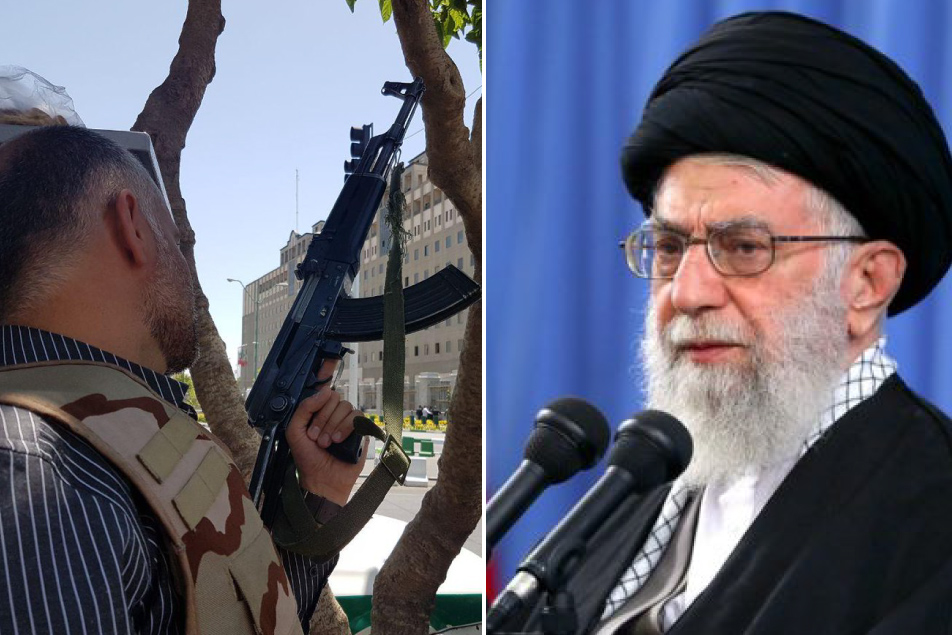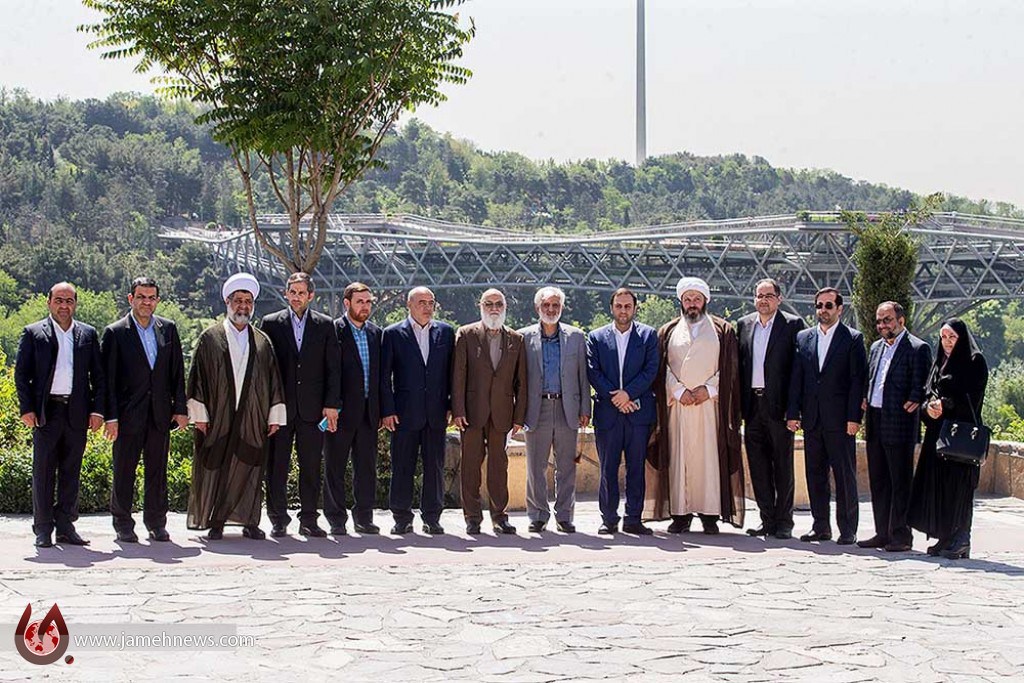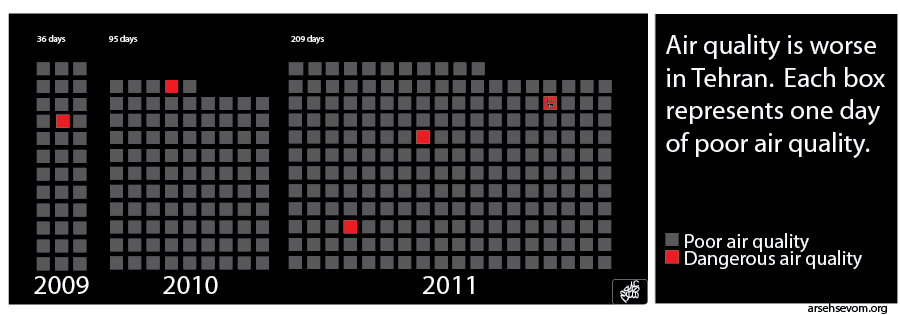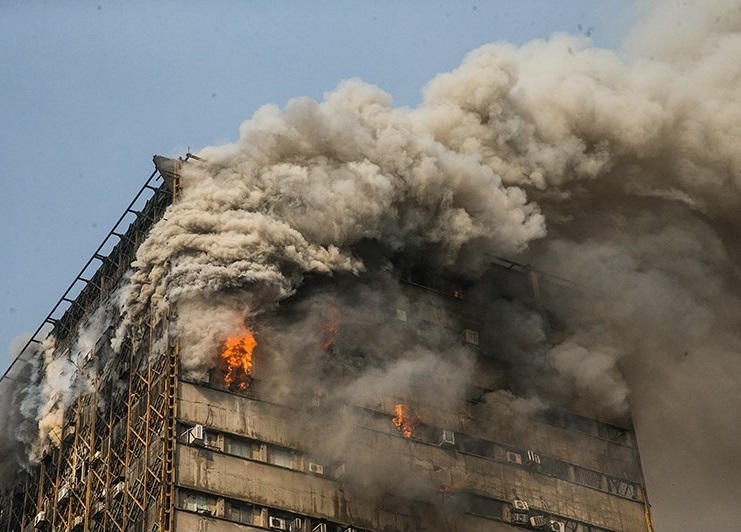
Arseh Sevom Condemns Terrorist Violence
June 19, 2017
Where in the world are Iran’s women candidates?
July 10, 2017This infographic shows the influence of Iran’s Revolutionary Guards and Basij Militia on local Tehran politics. The first post-revolution city council election occured in 1997. The fifth in 2017. Up until the most recent elections, the number of representatives of the Revolutionary Guard and Basij continually increased. In 2017, no members of the Revolutionary Guards were elected to Tehran’s City Council.
Revolutionary Guard and Basij Militia members voted off of Tehran City Council
Arseh Sevom: When Tehran’s newly elected city council convenes in August, it will have a significantly different membership. One of the most visible results of the 2017 elections is that for the first time since city council elections began in 1997, no members of Iran’s Revolutionary Guards (IRGC) or Basij* Militia will have a seat. The texture of Tehran’s city council has changed as a result of the May 2017 city council elections in Iran.
Tehran’s previous city council was dominated by the hardline majority with 7 members of the IRGC and Basij.** This was the highest number of seats held by members of those two forces since the city council was first elected in 1997.
In the second and third sessions of the council, 4 members came from the Basij and Revolutionary Guard.*** There were also three militarists in the first session of the council, but their views differed from the leadership of the forces.****
In a 2004 article, the Persian-language website RoozOnline reported that the contracts made between Tehran’s City Hall and the Revolutionary Guards were worth 20,000 billion tomans (a bit less than 20 billion USD). The article stated:
“On behalf of Tehran City Hall, Isa Sharifi (Deputy Mayor) and Dadvash Hashemi (Deputy Director of Economic Division) and, on behalf of the Revolutionary Guard, Brigadier General Jamaleddin Aberoumand (Deputy Commander) and Parviz Fattah (General Director of the Revolutionary Guard Cooperation Foundation) signed the contract on May 24, 2014. The duration of the contract was for 4 years and the city was obliged to pay 10,000 billion tomans in cash. The mayor of Tehran and the head of the Revolutionary Guards also signed the agreement.”
RoozOnline also reported that the cash budget of Tehran City Hall in the same years was 7000 billion tomans, which was less than the agreed payment to the Revolutionary Guard. “The average of the whole payment would be 5000 billion tomans, nearly the entire annual budget of the city government for civil projects.”
The currently elected city council will have no members of the IRGC and Basij, but it will still inherit open contracts. Time will tell how the relationship between city government and the forces develops.
*Basij: Iran’s militia, which includes many former members of the Revolutionary Guards
**In the 5th session of Tehran’s city council 7 members came from the Revolutionary Guard forces: Parviz Sorouri, Abolfazl Ghanatani, Nojtaba Shakeri, Mohsen Pirhadi, Morteza Talai, Habib Kashani and Mehdi Chamran.
***Mehdi Chamran, Hassan Beyadi, Habib Kashani, Morteza Talai and Mahmoud Khosravi-Vafa
****Abdolah Nouri, Abbas Doozdoozani and Mohammad Gharazi
Back to the top
Original text in Persian:
http://www.darsahn.org/1396/03/24/khoroj-personl-sepah-az-basij/





